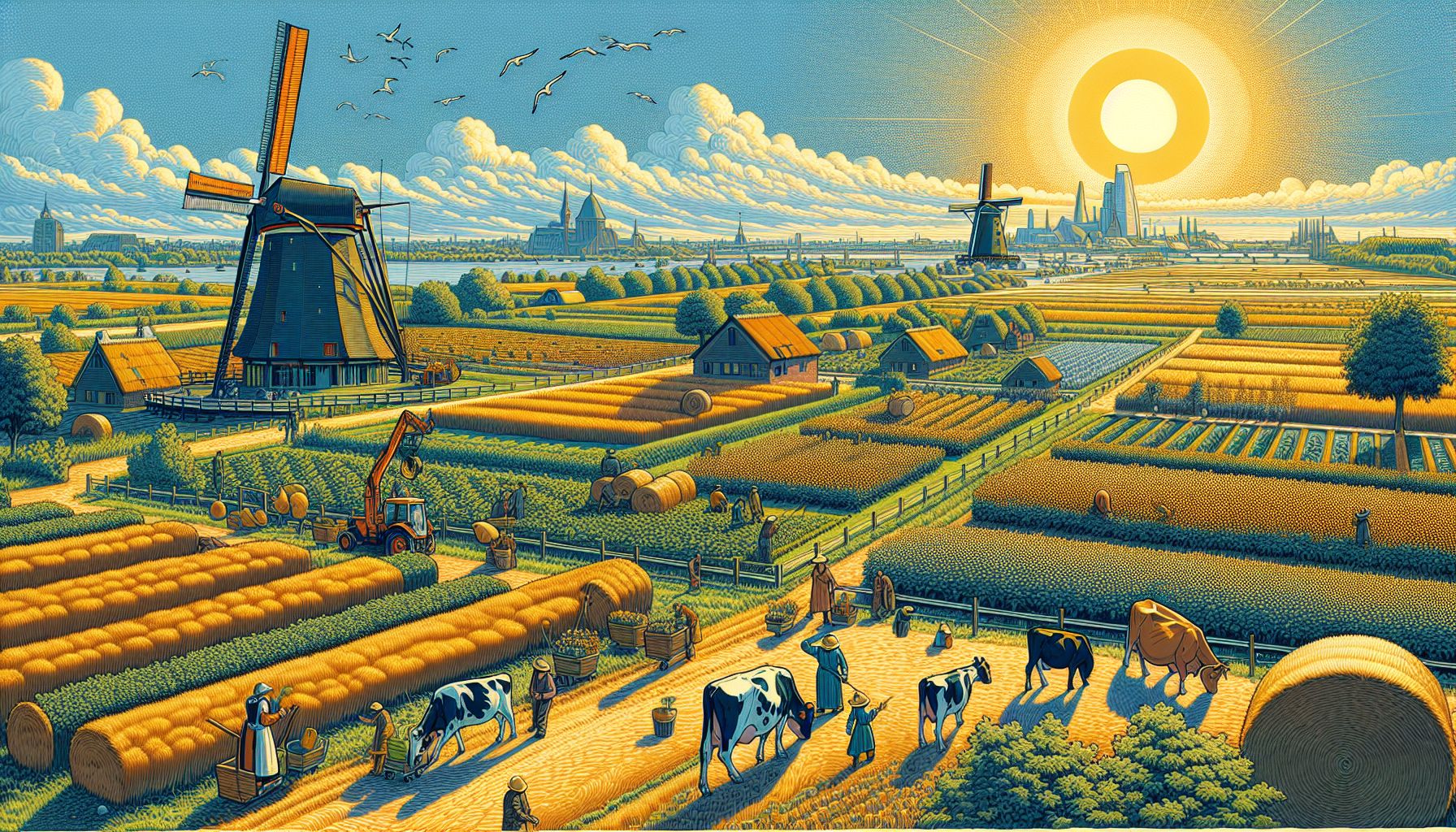Dutch Farmers Embrace Multifunctional Agriculture for Economic Resilience

Utrecht, Wednesday, 29 January 2025.
In 2023, Dutch multifunctional agriculture generated €1.68 billion, driven by diverse activities like care farms, reflecting post-corona recovery and sustainable adaptation in farming practices.
Significant Growth in Multifunctional Agriculture
The Dutch agricultural sector has witnessed remarkable expansion in multifunctional farming, with 37 percent of farmers and gardeners now combining traditional agriculture with alternative activities [1][4]. This represents a significant increase of nearly 20% since 2020 [1]. The sector’s financial success is evident in its revenue growth, climbing from €1 billion in 2020 to €1.68 billion in 2023 [4]. This substantial increase demonstrates the viability of diversified farming approaches in modern agriculture.
Distribution of Revenue Streams
Farm-based retail leads the revenue generation with €595 million annually, followed by care farming at €450 million and recreational activities contributing €362 million [1][4][5]. The recreation sector has shown particularly impressive recovery post-pandemic, more than doubling its revenue since 2020 when it experienced a 35% decline [1]. Additional revenue streams include agricultural childcare (€158 million), nature management (€116 million), and farm education (€0.9 million) [4].
Professional Development and Future Outlook
According to Bart Pijnenburg, chair of the Multifunctional Agriculture department at LTO Nederland, this sector continues to professionalize while growing [1]. The approach not only generates additional income but also strengthens community connections. To further develop this potential, the Platform MFL has been established, bringing together key stakeholders including municipalities, provinces, the Ministry of LVVN, banking institutions, and academic partners [1]. Looking ahead, Wageningen University & Research plans to conduct studies in 2025 and 2026 to assess the growth potential of multifunctional agriculture towards 2035 [4][5].
Environmental and Social Impact
The multifunctional agriculture movement extends beyond economic benefits, actively contributing to environmental sustainability and biodiversity enhancement in the Netherlands [3]. Researcher Harold van der Meulen from Wageningen Social & Economic Research emphasizes that success in this sector requires more than just financial motivation, stating that ‘the conditions have to be right’ and entrepreneurs must have genuine passion for these activities [4][5].

